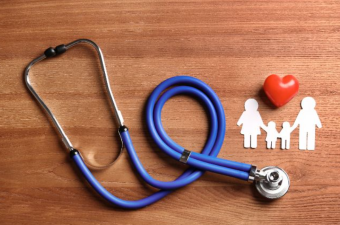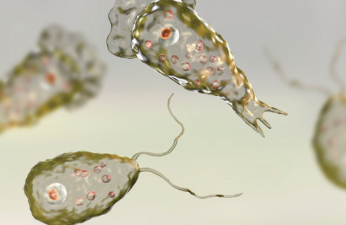In our age of cancer scare, any method to reduce cancer risk is undoubtedly of great interest. While there's no single best way to reduce cancer risk, some measures are likely already familiar. These include a healthy diet and lifestyle, consuming more green fruits and vegetables and less meat, and quitting smoking and drinking.The World Cancer Research Fund points out that lifestyle changes can prevent 30-50% of cancers. It recommends a comprehensive physical examination annually and developing a personalized cancer prevention plan based on individual risk factors. Cancer prevention is not about completely avoiding cancer, but about significantly reducing risk and achieving early detection and treatment. A healthy lifestyle not only prevents cancer but also helps prevent cardiovascular disease, diabetes, and many other chronic diseases, achieving multiple health benefits.

- A balanced diet: Consume more fruits and vegetables, which are rich in vitamins, minerals, and dietary fiber. For example, epidemiological studies have found that people who consume adequate amounts of fruits and vegetables daily have a relatively lower risk of cancer. Cruciferous vegetables (such as broccoli and cabbage) contain substances such as indole compounds and glucosinolates, which have certain anti-cancer properties. Antioxidants such as vitamin C in fruits can help scavenge free radicals in the body, reduce oxidative damage to cells, and lower the risk of cancer. At the same time, limit your intake of red meat (such as beef and pork) and processed meat. Studies have shown that long-term, high-intensity consumption of red meat and processed meat increases the risk of various cancers, including colorectal cancer.
- Moderate exercise: Aim for at least 150 minutes of moderate-intensity aerobic exercise per week, such as brisk walking and jogging. Exercise boosts metabolism and strengthens immunity. The immune system can identify and eliminate mutated cancer cells, and exercise helps increase the activity and number of immune cells. For example, people who exercise regularly can increase the activity of natural killer cells, which can directly kill cancer cells, thereby reducing the risk of cancer. For different age groups, children and adolescents can aim for at least one hour of outdoor activities and exercise daily, such as rope skipping and basketball. Adults can choose an appropriate exercise type and intensity based on their physical condition. The elderly can choose relatively gentle exercises such as walking and tai chi. Regarding gender differences, exercise tolerance may vary, but everyone should plan their exercise accordingly.
- Avoid tobacco: Smoking is a significant risk factor for many cancers, including lung, bladder, and stomach cancers. Tobacco contains nicotine, tar, and other carcinogens. Long-term smoking can damage cells in the lungs and respiratory tract, leading to cell mutations and cancer. Both active smoking and passive smoking (secondhand smoke) are harmful to health. For those with a history of smoking, quitting is crucial; the earlier you quit, the greater the benefits. Non-smokers, such as children and adolescents, should avoid tobacco exposure and maintain a healthy living environment.
- Limit alcohol intake: Excessive alcohol consumption is linked to various cancers, including liver cancer, esophageal cancer, and breast cancer. Once alcohol enters the body, it is metabolized into acetaldehyde, a proven carcinogen that damages cells' DNA and other genetic material, increasing the risk of cancer. Men should limit their daily alcohol intake to no more than 25 grams, and women should limit it to no more than 15 grams. These alcohol intakes are calculated based on common alcoholic beverages, such as approximately 750 ml of beer, 250 ml of wine, and 50 ml of liquor. Drinkers should moderate their intake according to their individual circumstances to avoid the harmful effects of excessive drinking.

- Screening Recommendations for Different Ages:
- Screening Considerations for Special Populations:







